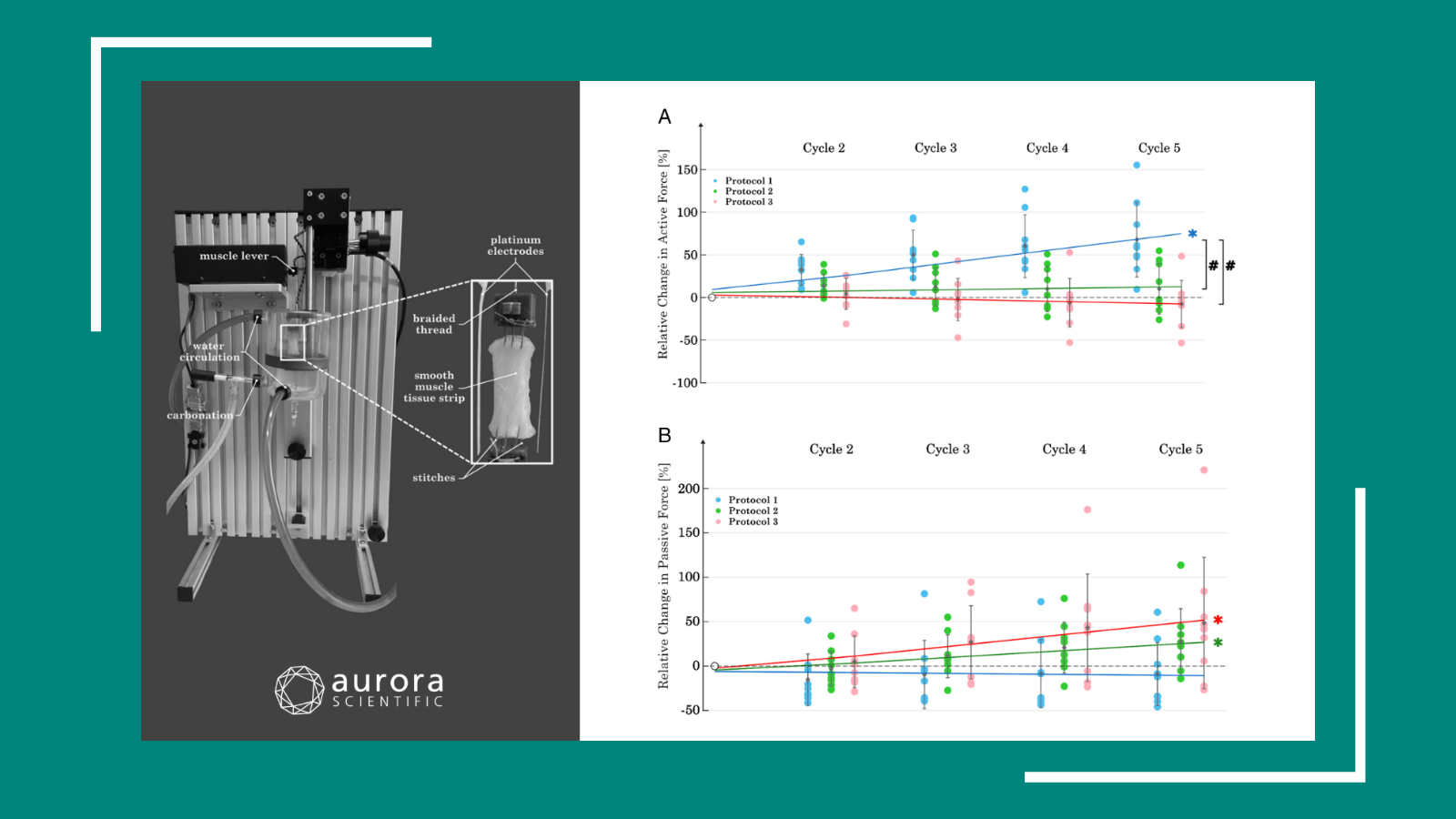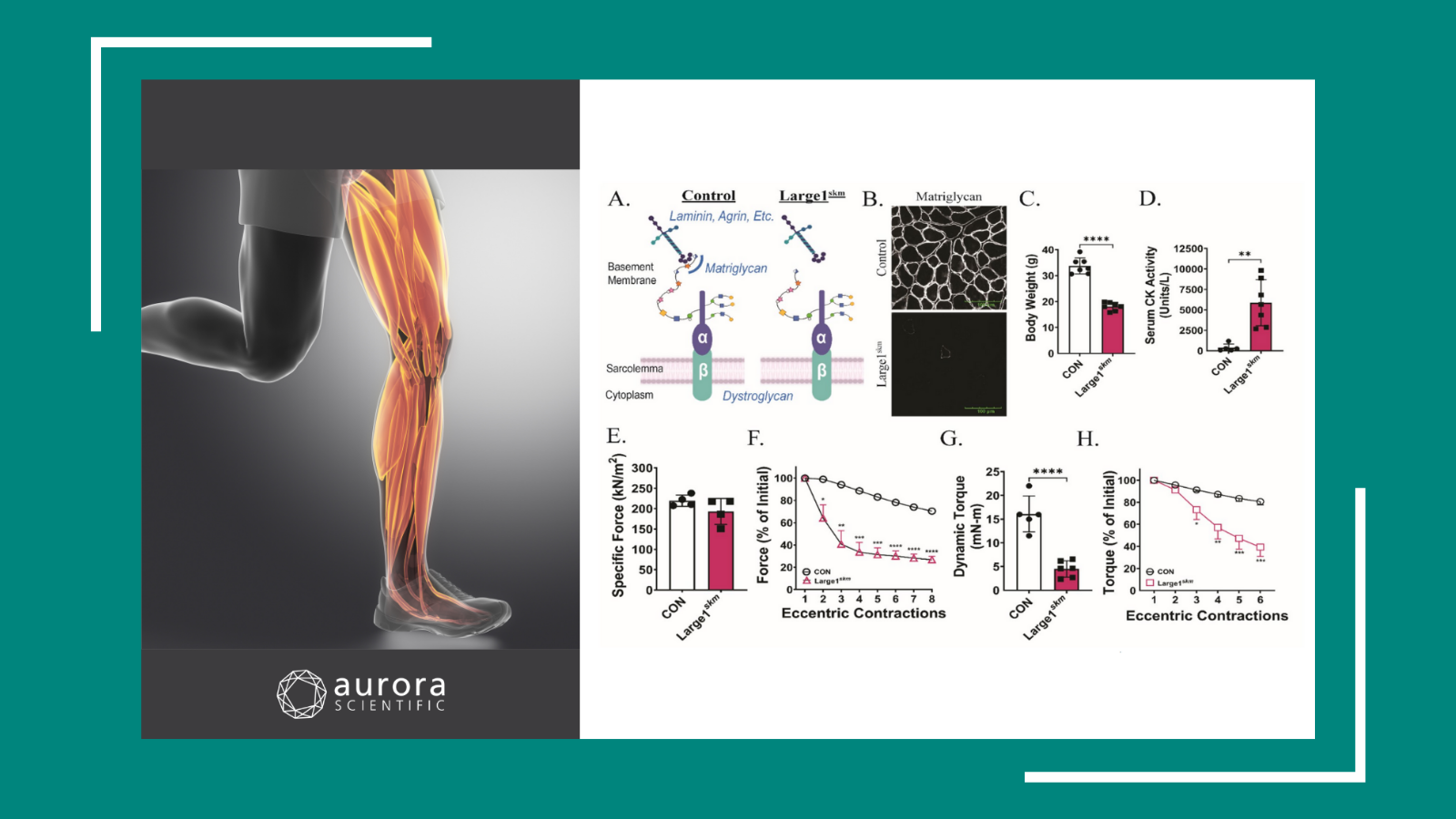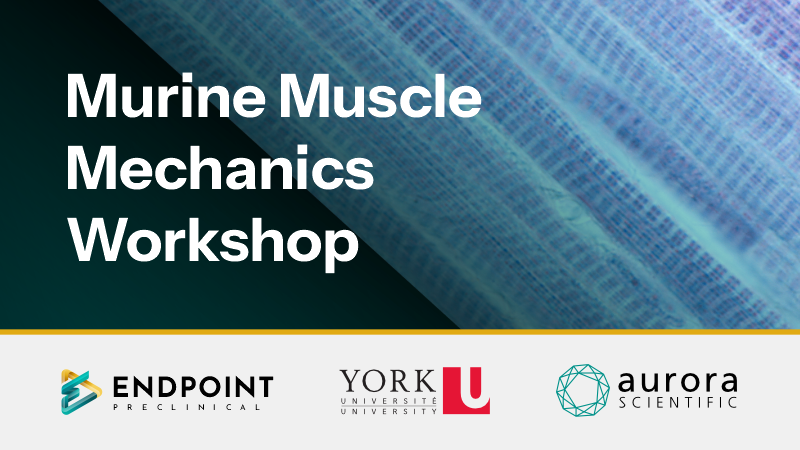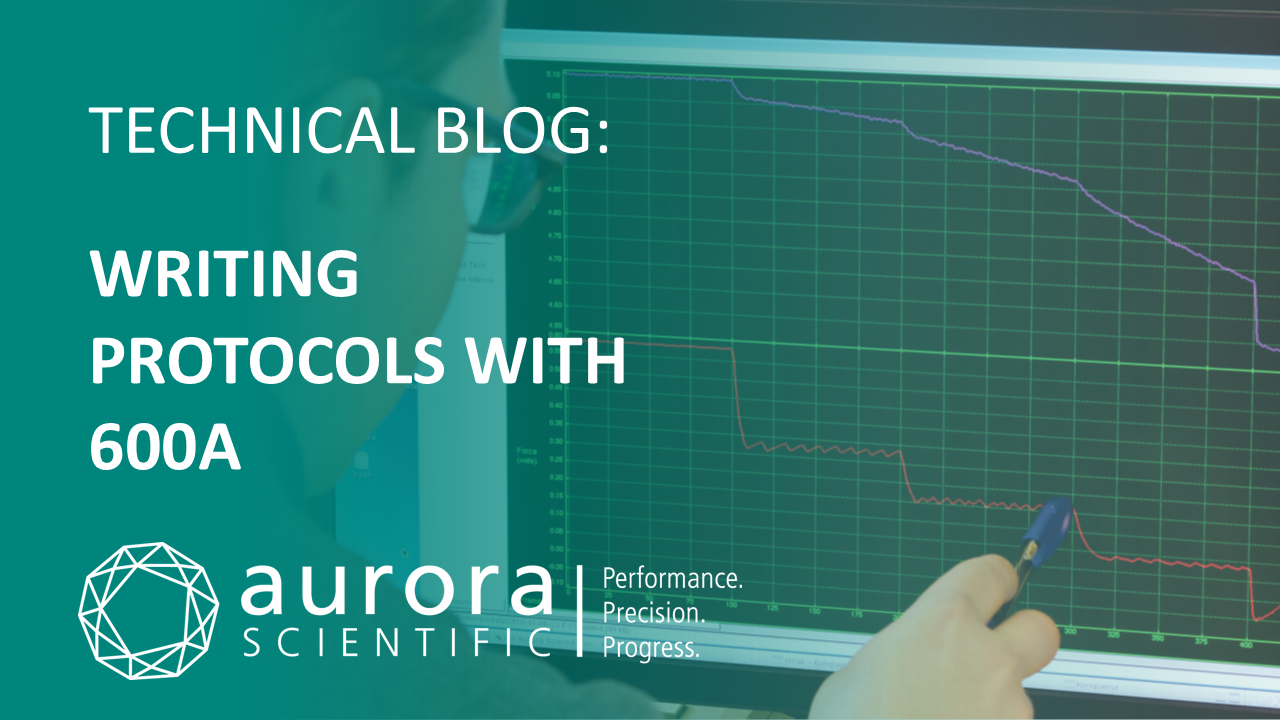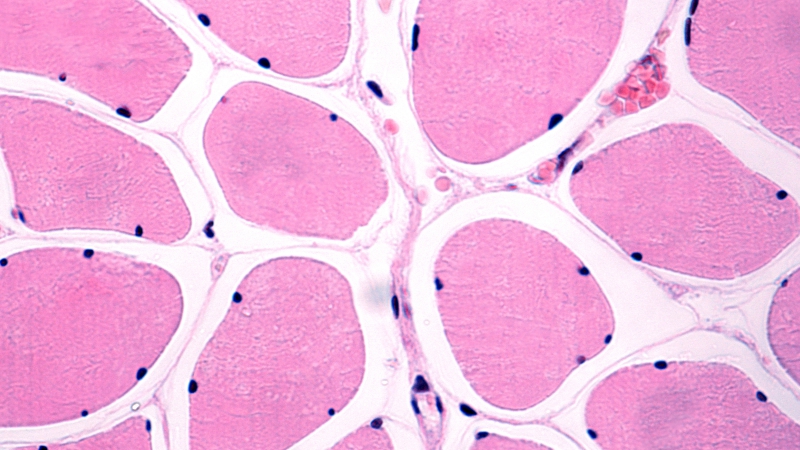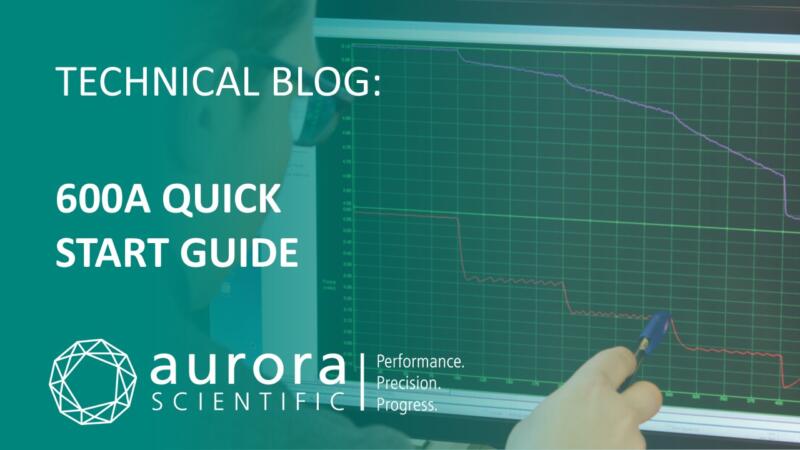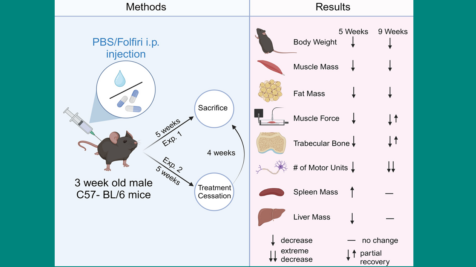Fueling Function: Forthcoming Insights in Muscle Physiology
In the spirit of the American Physiology Summit, the following publication review covers forthcoming insights in muscle physiology, including smooth muscle mechanics, a neutralizing treatment for ...
Marching Forward: Recent Skeletal Muscle Discoveries
In conjunction with the Advances in Skeletal Muscle Biology conference, the following publication review digs into the impacts of protein dysfunctions, knockdowns, and modifications on skeletal ...
Down the Rabbit Hole: Breakthroughs in Biophysics
In line with this year’s Biophysical Society Annual Meeting (BPS2025), the following publication review goes down the rabbit hole of biophysics discoveries, including the development of a muscle ...
Murine Muscle Mechanics Workshop at York University
Hosted by Dr. Christopher Perry and Dr. Arthur Cheng in the Muscle Health Research Centre at York University, and produced in partnership with Endpoint Preclinical, our Murine Muscle Mechanics ...
New Year, New Insights: Unique Models in Muscle Physiology
Ringing in the new year is an exciting time for resolutions, recalibrations, and research. The ‘New Year, New Me’ mindset can help kickstart a period of personal growth, and recent research ...
Writing Protocols with 600A for Permeabilized Tissues
This blog will provide a brief overview of how to write protocols using our Real-Time Muscle Data Acquisition and Analysis System (600A) software.
Molecular Signals Mediating Increases in Muscle Size and Function
In this webinar, Dr. Bert Blaauw elucidates skeletal muscle regulatory pathways and offers approaches to tackle muscle deficits for ...
Best of 2024: Intricate Advancements
As 2024 draws to a close, the following publication review features a collection of selected studies from our annual short-list. From uncovering the evolutionary novelties of sound production in ...
Worth the Weight: Impacts of Microgravity on Muscle Health
In anticipation of the 2024 American Society for Gravitational and Space Research (ASGSR) conference, the following publication launches into the latest insights on microgravity and muscle health.
Forward Advances in Biomechanics
In the context of muscle, the field of biomechanics explores how muscles generate force, produce movement, and interact with the surrounding muscle architecture, such as bones and tendons. These ...
Quick Start Guide to 600A
This blog will provide a brief overview of how to start-up and utilize our Real-Time Muscle Data Acquisition and Analysis System (600A) software.
In vivo Measurement of Knee Extensor Muscle Function in Mice
Quantification of knee extensor maximal strength is imperative to understand functional adaptations to aging, disease, injury, and rehabilitation. We present a novel method to repeatedly measure in ...
Down to the Muscle: Sarcopenia Modelling and Interventions
Over the years, research into sarcopenia and aging has increasingly focused on improved models, mechanistic insights, and intervention testing. To highlight this trend, the following review covers ...
WEBINAR: Effects of Ovarian Failure on Muscle Form and Function
Live October 30th, this presentation features Parastoo Mashouri highlighting her pioneering research on the effects of gradual ovarian failure on skeletal muscle ...
Hearty Insights: Recent Advances in the Cardiac Field
Coming off the heels of this year’s Basic Cardiovascular Sciences Scientific Sessions (BCVS 2024), the following publication review focuses on an array of cardiac research, ranging from human ...
Women’s Health Month: Strides in Muscle Physiology
In honour of Women's Health Month, May’s publication review covers recent advances in female-focused muscle physiology research. These investigations into gradual ovarian failure, the impact of ...
Out of This World Research at Brock University: Post Mission Insights into Alterations of Soleus Muscle Function in Space-Flown Mice
Hear Dr. Val Fajardo, Jessica Braun, and Briana Hockey on their experience working on NASA's Rodent Research-20 (RR-20) mission at the Roskamp Institute, the data collected utilizing Aurora ...
Spring into Action: Proteins of the Myofilament
In anticipation of the upcoming Myofilament Meeting, April’s publication review covers recent advances in the myofilament field. From the effects of inotropic agents on cardiac myofilament Ca2+ ...
Step-by-Step: Analyzing Experiments in DMA
This blog will provide a walkthrough of how to analyze an experiment in our Dynamic Muscle Analysis (DMA) LabBook ...
Moving Mountains: Recent Feats in Muscle Physiology
As we March towards the 2024 American Physiology Summit, this month’s publication review covers recent advancements in the realm of muscle physiology, including the development of an improved ...
Tackling the Heart of the Issue: Advances in Cardiovascular Research
February notably marks “Heart Month”, aiming to highlight the importance of cardiovascular health and its critical implications on our overall wellbeing. Tackling the heart of the issue, several ...
Molecular Deep Dives in Force Production
As we launch full force into 2024, studies exploring the molecular underpinnings of force production in mice have blazed the trail of functional muscular research. From calcium dynamics during muscle ...
Best of 2023: Across Countries and Applications
2023 has proved to be a particularly fruitful year for scientific discovery, with a multitude of pioneering studies spanning continents and disciplines. From the intricate workings of muscle ...
In Vivo Measurement of Hindlimb Dorsiflexor Isometric Torque from Pig
The present protocol describes concise experimental details on the evaluation and interpretation of in vivo torque data obtained via electrical stimulation of the common peroneal nerve in ...
Out of This World Research at Brock University: Space Flight’s Impact on Female Mice Reproductive Health
NASA's SpaceX CRS-29 launched on November 9th carrying the Rodent Research-20 (RR-20) payload, the contents of which will be studied by Brock University's Dr. Val Fajardo and his team using Aurora ...

